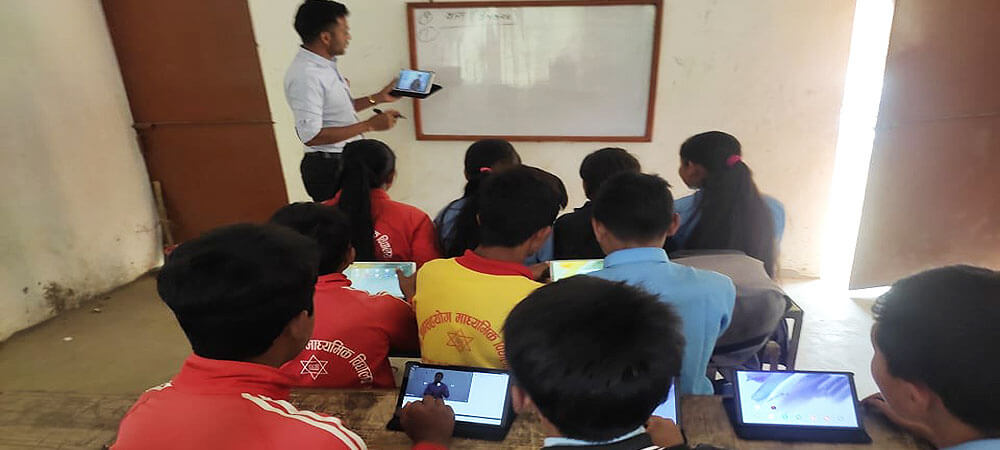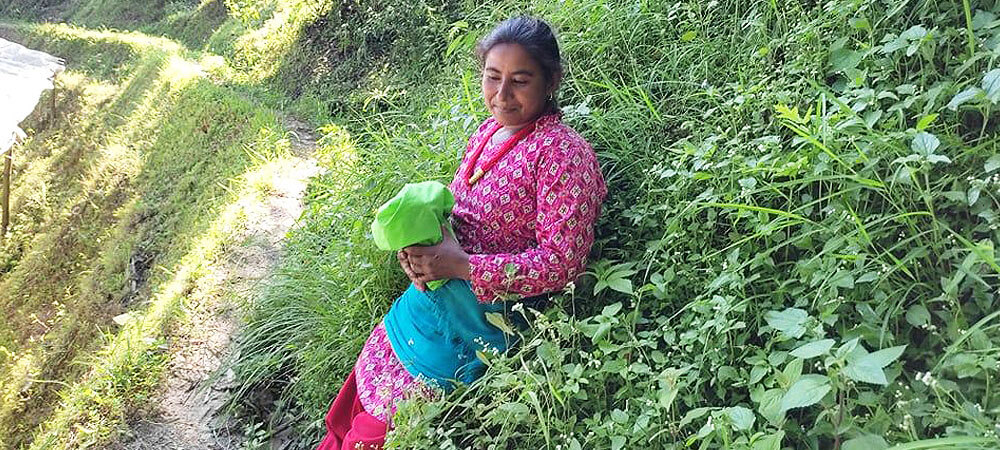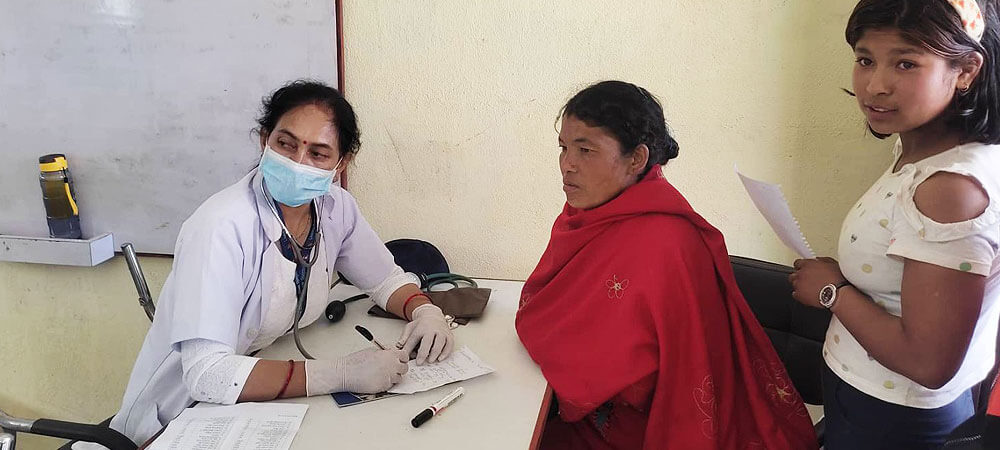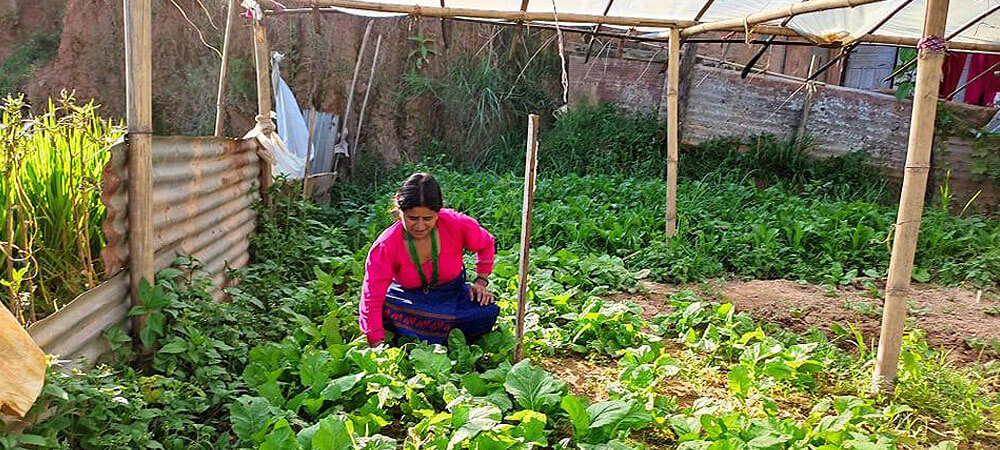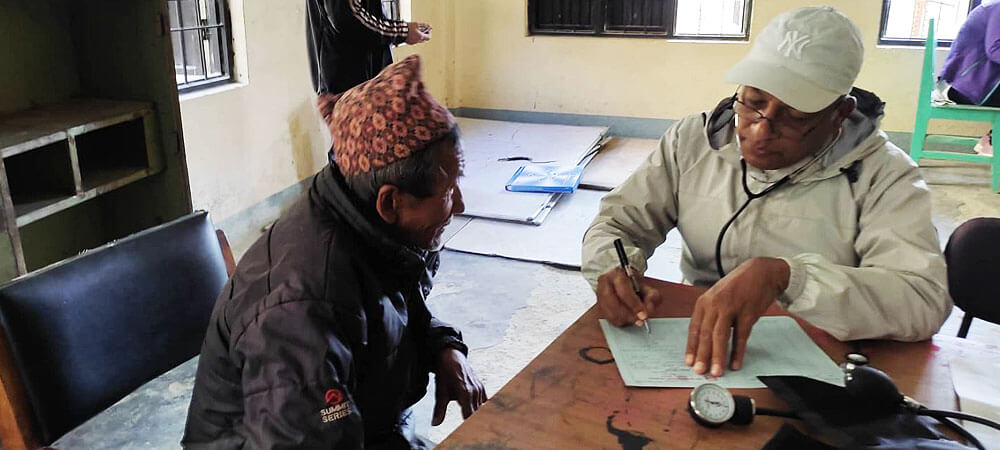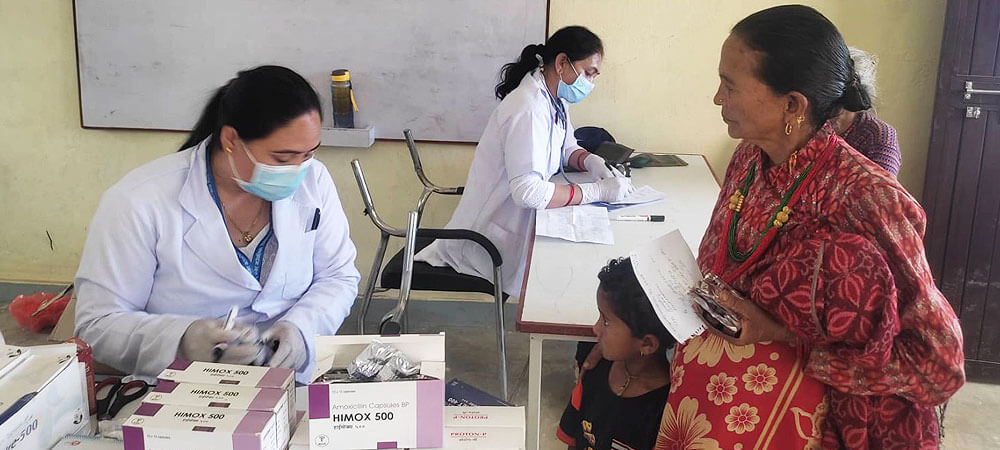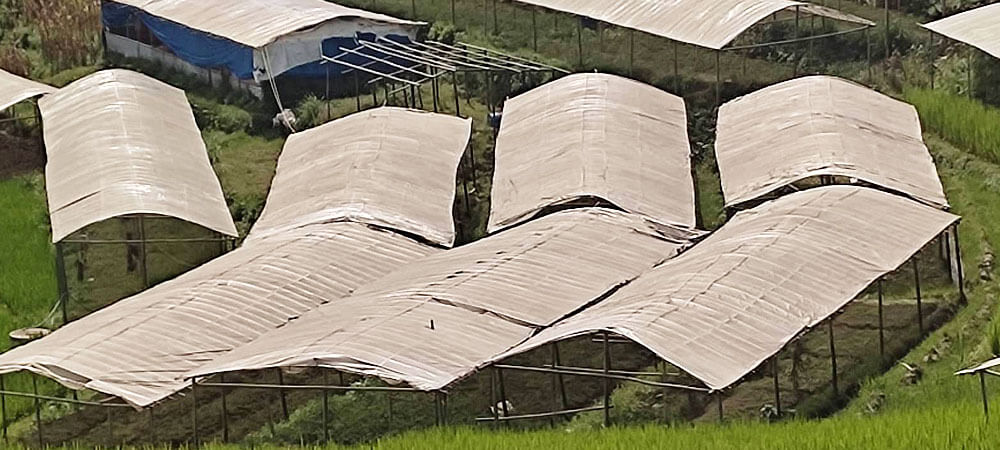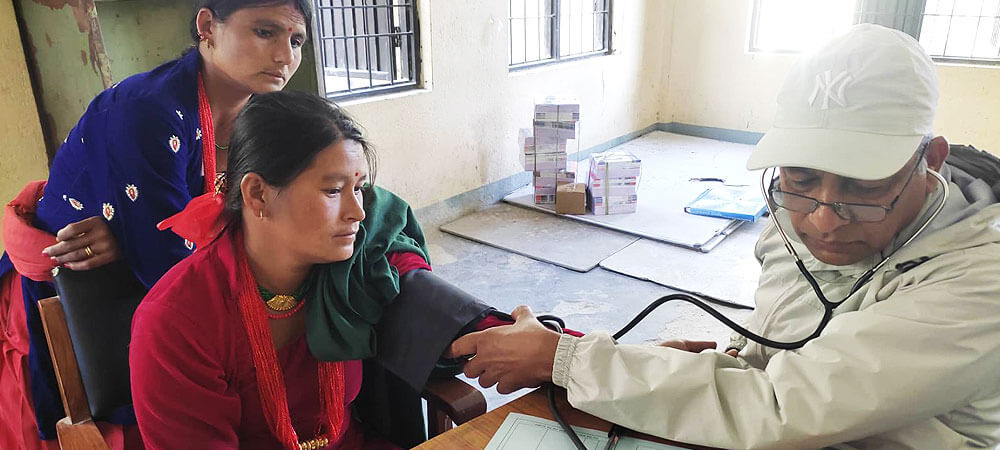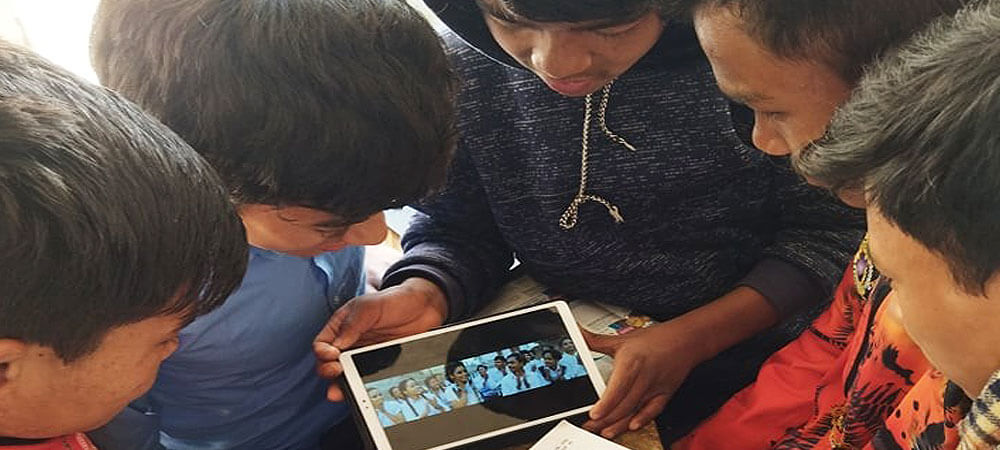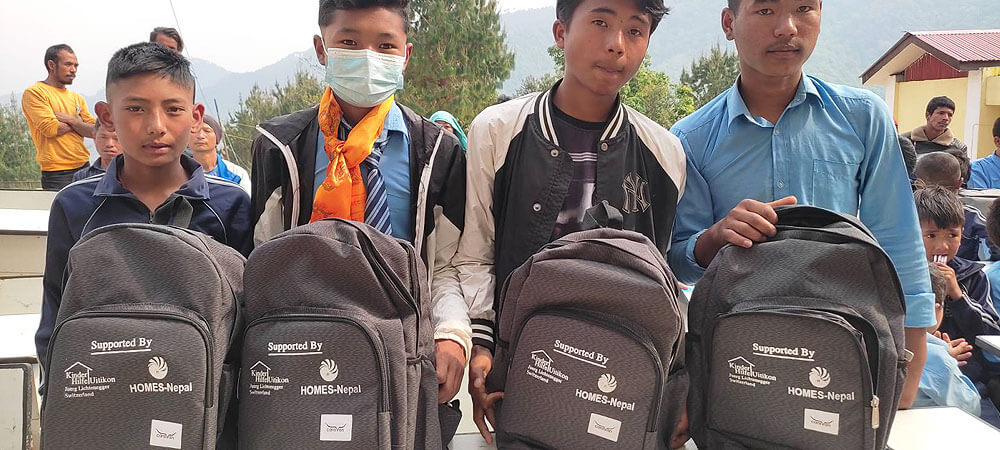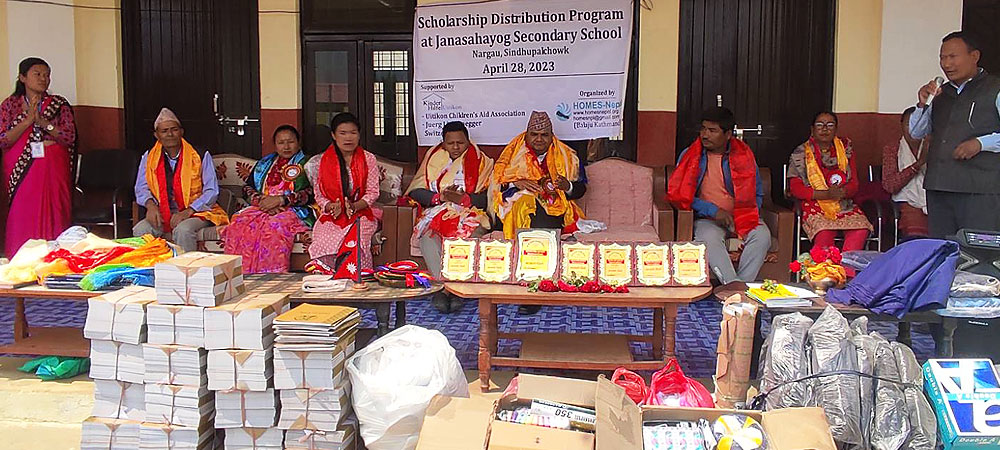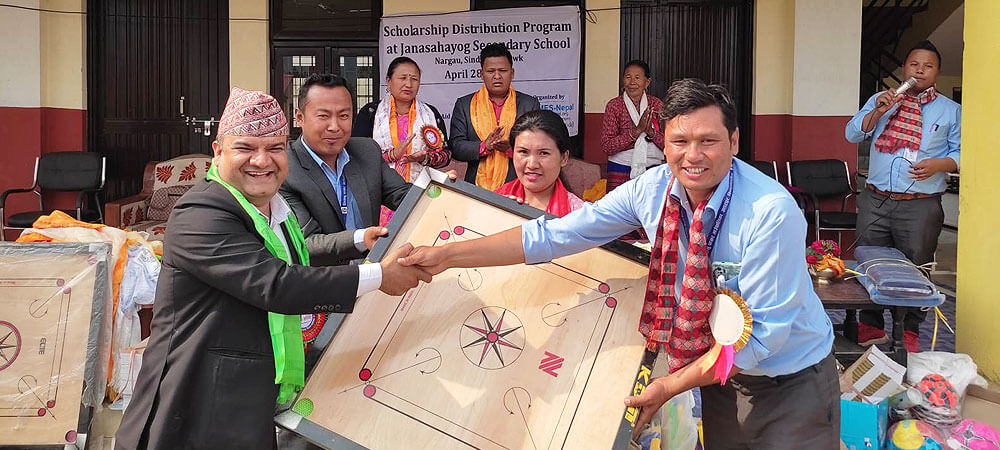ENVIRONMENT RELATED PROJECT
Bishnumati Cleaning Campaign
HOMES-Nepal will extend The cleaning campaign from to Paropakar Bridge to Kalimati bridge (500mtr).
PROPER WASTE MANAGEMENT THROUGH YOUTH MOBILIZATION
Youth shape the future of a nation by replacing the previous generation in key political, social and cultural roles. This causes regular revolutions in values and ideas as people reach adulthood and take over for others. Accepted social norms often shift to reflect the views of the younger generation.Development of any nation is possible if the youth are involved in the development process. There have been seen various threats in the community development which should be managed properly. Now, in this modern industrial world, the subject of waste management has been seen challenging. The problem of proper waste management has been increasing day by day. Many conferences and seminars around the world have been searching the ways to solve the problem. Waste management is important because improperly stored refuse can cause health, safety and economic problems. All living organisms create waste, but humans create far more waste than other species. To prevent damaging the Earth’s ecosystems and maintain a high quality of life for the planet’s inhabitants, humans must manage and store their waste efficiently and safely.Human beings have been practicing primitive waste management techniques for thousands of years. Early humans simply dug a hole and buried their refuse and trash. This was an effective technique for these early people because their population was relatively small, and they did not produce as much garbage as modern humans do. Burying the trash helps to prevent bugs and rodents from becoming a nuisance and spreading diseases. In the modern world, humans cannot simply bury their trash. While primitive humans produced very little waste, and that which was produced would biodegrade quickly, modern humans produce large amounts of waste, much of which is not biodegradable. Additionally, many types of garbage may be damaging to the soil, ground water and surrounding habitat. To address this problem, modern waste management professionals place garbage in lined holes and use bacteria to help facilitate rapid decomposition of the garbage.
In this regard, the role of youth should be identified and explored. The youths are the members of the society and are the foundation stones in the community development and community management. But the youth, in this sector, are seen marginalized in the society. The young generation is always taken as dependent population on their family and not provided with the responsibilities. But youths can play major role in the sector of, leadership, health and sanitation if they are given responsibilities being mobilized properly. At the same time, youth people have very little concern towards their community development as they are being trained in the migration process. So, there should be such programs which will inspire youth with the feeling of self-respect and national pride for the development activities. They should be aware, trained, facilitated which will inspire them from inner heart mentality that they should do something for their community. This motivating environment will mobilize youth in the community meaningfully.
OVERALL OBJECTIVE
- Developing a clean city integrating youth as a change agent for national development.
GENERAL OBJECTIVES
- Providing training to youth on waste management
- Encourage youth to involvein the community development activities
- To inspire youth to catch the rhythm of nationalistic feelings
- To provide the knowledge on national, global issues and cross cutting issues
- To develop overall leadership skill for community development
- Create value based society in future
- Impact of cross cultural value in youth
ACTIVITIES
- 3 days residential TOT training to the concerned stakeholders
- 10 days residential training to the youth (Grade 11 and 12) to all municipalities’ schools.
RATIONALE
Youths are the backbone of the community for its development. Young people can play an active role in various developmental sectors of the society and the nation. Youth can be a leader, labour, role-module, guide, concealer and active for long time to develop the community. They can play multiple roles protecting and improving the environment. They can change their lifestyle and how it affects the environment. They can make their homes, schools and youth organizations more environments friendly by adopting environmentally friendly practices, recycling of different materials as well as preserving resources such as water and electricity. Engaging youth in environmental protection not only creates direct impact on changing youth behaviours and attitudes, but possibly influence their community as a whole. Regarding the fact, the activities in the training will be helpful for mobilizing the youth in sanitation activities in the community. Present day youth should know that this is not the time to sit back and expect things to change themselves. Therefore almost every day there should be heard about a new movement or story of youth participation ranging from deforestation, disaster management or discouraging animal ill treatment, maintain their personal health and hygiene, making their community clean. The content in the TOT will be more helpful to produce the human power to deliver the above trainings.
EXPECTED OUTCOME
TOT
- Will be produced competent facilitators to deliver the trainings
- Will be produced human resources for efficient management and coordination of trainings
- Will be produced as a role model of the community
For youth
- After the close camp, the youth will understand the Nepalese geographical and environmental condition
- The youth will be able to develop the capacity to explore and locate tourism areas
- Youth will develop the concept of social solidarity and social harmony
- Will develop the leadership and facilitation skill for community mobilization
- Will be aware about local resource utilization and natural resources conservation
- Will understand the cross cultural issues and respect their values
- Will be able to aware the public transportation, road safety and traffic rules
- Will be able to aware personal health and hygiene
- Will understand the social norms and values as well as human rights
- Will be able to understand the day-to-day routines and rules of general behaviors like walking, eating, speaking, respect etc.
- Will able to transfer the knowledge of proper waste management and its impact on human health and environment, and youth responsibilities.
- Finally, the youth will able to develop as civilized and responsible member of the community for development of nation.

